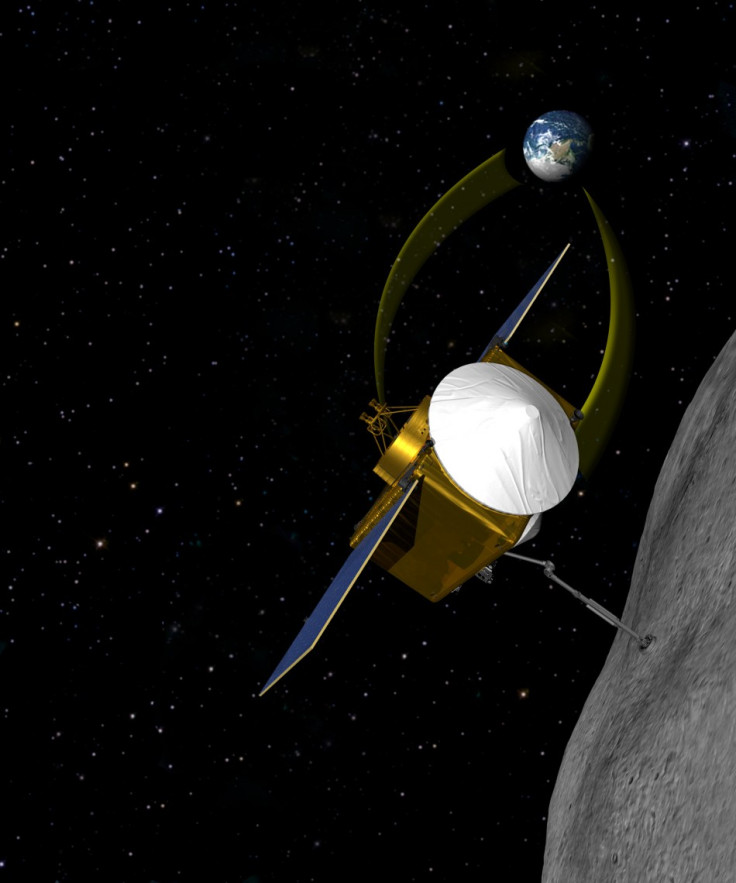Nasa Project Will Let Amateur Astronomers Get a Peek at Asteroids

Nasa has unveiled a new project that will give amateur astronomers a chance to learn more about space. The project will also help amateur astronomers to spot near-earth objects (NEO) such as asteroids that orbit very close to earth.
Nasa scientists have come up with a project called Target Asteroids that will support Nasa's Origins Spectral Interpretation Resource Identification Security - Regolith Explorer (OSIRIS-REx) mission. They claim that the mission, to be launched in 2016, will help amateur astronomers know more about the asteroid population.
Amateur astronomers will even come to know about the asteroid's motion, location and rotation, which will help them keep track of the asteroids that are orbiting close to earth. Amateur astronomers will collect all the information about the asteroids and submit the data to professional astronomers.
Professional astronomers will use the information about the satellite and improve their understanding of our solar system. They will get more clues to the formation of our solar system and how life began on earth.
Professional astronomers claim that the project would be quite useful for comparisons with other missions' data.
The OSIRIS-REx will map the asteroid's properties such as non-gravitational forces and provide observations that could be compared with data obtained by telescope observations from earth. In 2023, OSIRIS-REx will return to earth at least 2.11 ounces of surface material from the asteroid, according to a report.
Earlier, Lincoln Near-Earth Asteroid Research (Linear) had discovered the 1999 RQ36 asteroid which contains some essential life blocks like amino acids. Scientists believe the OSIRIS-Rex could provide more clues to the asteroid's structure and composition.
"Although few amateur astronomers have the capability to observe 1999 RQ36 itself, they do have the capability to observe other targets," said Jason Dworkin, OSIRIS-REx project scientist at Nasa's Goddard Space Flight Center in Greenbelt, Md.
They study claims that data collected from the OSIRIS-REx project will provide new clues to the nature of the early solar system.
Nasa officials are planning to expand the project to teachers and students in 2014 who will get a chance to learn more about asteroids.
"For well over 10 years, amateurs have been important contributors in the refinement of orbits for newly discovered near-Earth objects," said Edward Beshore, deputy principal investigator for the OSIRIS-REx mission at the University of Arizona in Tucson.
© Copyright IBTimes 2025. All rights reserved.





















